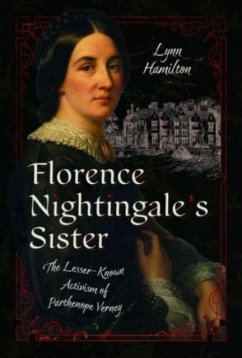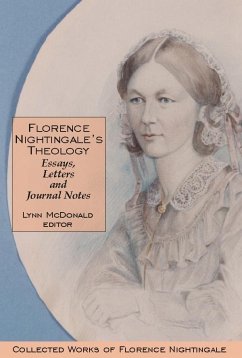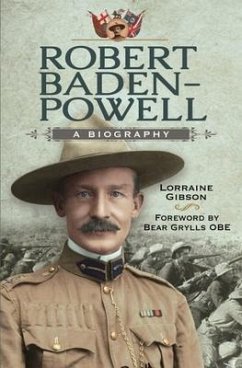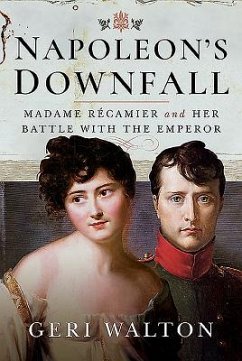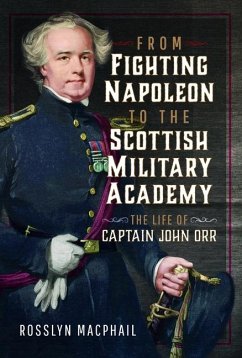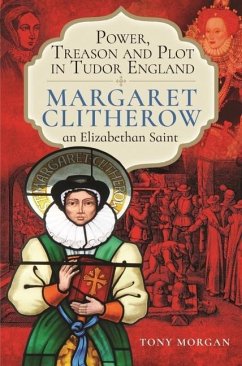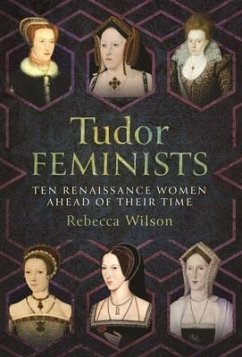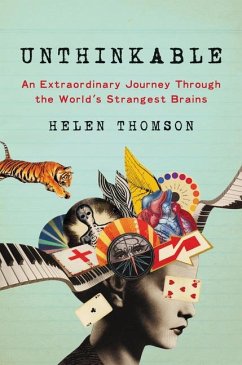
Florence Nightingale's Rivals
Nursing Through the Crimea
Versandkostenfrei!
Versandfertig in über 4 Wochen
29,99 €
inkl. MwSt.

PAYBACK Punkte
15 °P sammeln!
Florence Nightingale is synonymous with nursing in the Crimean War of 1854 -1856. There were, however, many other women who contributed to nursing at this time. Martha Clough, who dismissed the rule of Nightingale and took charge of nursing the Highland Regiments; Eliza Roberts, an experienced hospital surgical nurse who became Nightingale?s aide-de-camp, nursing Nightingale when she fell ill with Crimean Fever and those with a wider scope of caring, such as Mary Seacole, whose nutritious supplements and caring demeanour meant everything to the soldiers.This book focuses on the relationship be...
Florence Nightingale is synonymous with nursing in the Crimean War of 1854 -1856. There were, however, many other women who contributed to nursing at this time. Martha Clough, who dismissed the rule of Nightingale and took charge of nursing the Highland Regiments; Eliza Roberts, an experienced hospital surgical nurse who became Nightingale?s aide-de-camp, nursing Nightingale when she fell ill with Crimean Fever and those with a wider scope of caring, such as Mary Seacole, whose nutritious supplements and caring demeanour meant everything to the soldiers.This book focuses on the relationship between Nightingale and two very interesting characters: the irascible Betsy Cadwaladyr and the equally strong-willed Mother M. Francis Bridgeman, head of the nursing Irish Sisters of Mercy in the Crimea. Bridgeman came from a similar social standing as Nightingale but whose pathway saw her leaving society lifestyle as a young girl and following the convent life. Cadwaladyr earned Nightingale?s respect towards the end of her time in the Crimea due to her care of soldiers and her ability to run the kitchen at Balaklava, but nothing would change her stubborn dislike of Nightingale.The Sisters of Mercy, much overlooked in nursing history, were clinically nursing the victims of cholera and dysentery (two of the biggest killers in the Crimea) in their localities long before their journey to the battlefront. Betsy Cadwaladyr preferred domestic service and cooking to nursing, whilst Nightingale had the unenviable task of proving the nursing experiment to those watching from Westminster, trying not to upset the medical men as well as trying to filter out the best women to nurse with her, which was a nightmare in itself.



